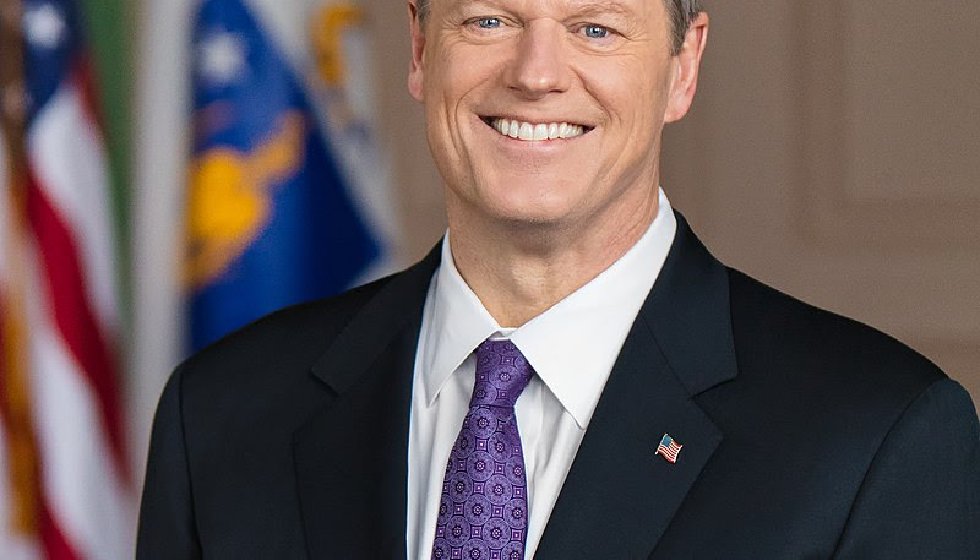
NCAA President Charlie Baker is urging state lawmakers in jurisdictions with legalized sports betting to ban college prop bets, citing concerns over the integrity of competitions and student-athlete safety. With March Madness underway and the number of states offering sports wagering continuing to rise, prop bets on individual player performances have become a growing concern for the NCAA.
Prop bets, which allow fans to wager on statistics a college athlete might accumulate during a game, can make athletes especially vulnerable to outside influence. It has come to light through an NBA probe that Jontay Porter, a two-way player for the Toronto Raptors, may be connected to this questionable practice.
The regulators in Ohio, Vermont, and Maryland have prohibited sports wagers on collegiate props.
Sports betting issues are on the rise across the country, with prop bets continuing to threaten the integrity of competition and leading to student-athletes getting harassed
Charlie Baker
In his role as NCAA president since March 2023, Baker has extensively utilized his political network by reaching out to officials in different states to propose a ban on sports betting. He emphasizes the growing problem of prop bets jeopardizing the integrity of competition and harassing athletes.
"All that chatter about who's playing, who's not playing. Who's sore, who's not sore? What's going on with the team you're playing? What do you think your chances are? Which is just classic chatter, where — in a world where people are betting — takes on a whole new consequence," he commented in January at the collegiate sports organization's convention.
In recent times, with more states authorizing sports betting, the NCAA has been hit by several gambling-related scandals. Alabama's baseball coach, Brad Bohannon, has been dismissed from his position and given a 15-year restriction following accusations that he disclosed confidential info to betting syndicates.
US Integrity, a gaming industry watchdog, is looking into wrongdoings within the Temple basketball program. It's worth mentioning that suspensions for gambling had previously affected athletes from Iowa and Iowa State. A study following the basketball playoffs discovered that nearly three-quarters of individuals aged 18 to 22 have gambled.
Baker has emphasized the need to protect student-athletes and maintain the integrity of college sports. Signify, a data science organization is joining forces with the NCAA to help identify and address threats toward athletes at championships that may be associated with gambling activities.
Approximately $2.7 billion is anticipated to be wagered on this year's NCAA men's and women's basketball tournaments via licensed sports betting outlets, according to the American Gaming Association.
Sports betting issues are on the rise across the country, with prop bets continuing to threaten the integrity of competitions and leading to student-athletes and professional athletes getting harassed
Charlie Baker
Sports betting surveillance companies have alerted college sports officials to the increased likelihood of scandals due to prop bets on uncompensated student-athletes. Ohio, Vermont, and Maryland's moves to remove college prop bets have been endorsed by the NCAA, which is urging other states to do the same. For college basketball fans looking to place wagers, it's important to be aware of the current state of regulations and stay updated on any changes.
The future of college sports betting
As the debate over college sports betting continues, all stakeholders need to prioritize the safety and well-being of student-athletes while preserving the integrity of competition. Baker's push for a ban on college prop bets highlights the complexities and potential consequences of integrating gambling into college sports.
The NCAA and other organizations must work together to navigate this issue and ensure that college athletes are not subjected to harassment or outside influence. State legislators, gaming commissions, and college athletic departments have a role to play in addressing these concerns and finding solutions that benefit all parties involved.
Ultimately, the goal is to create an environment where college sports can thrive while maintaining the trust and confidence of fans, students, and the broader public.